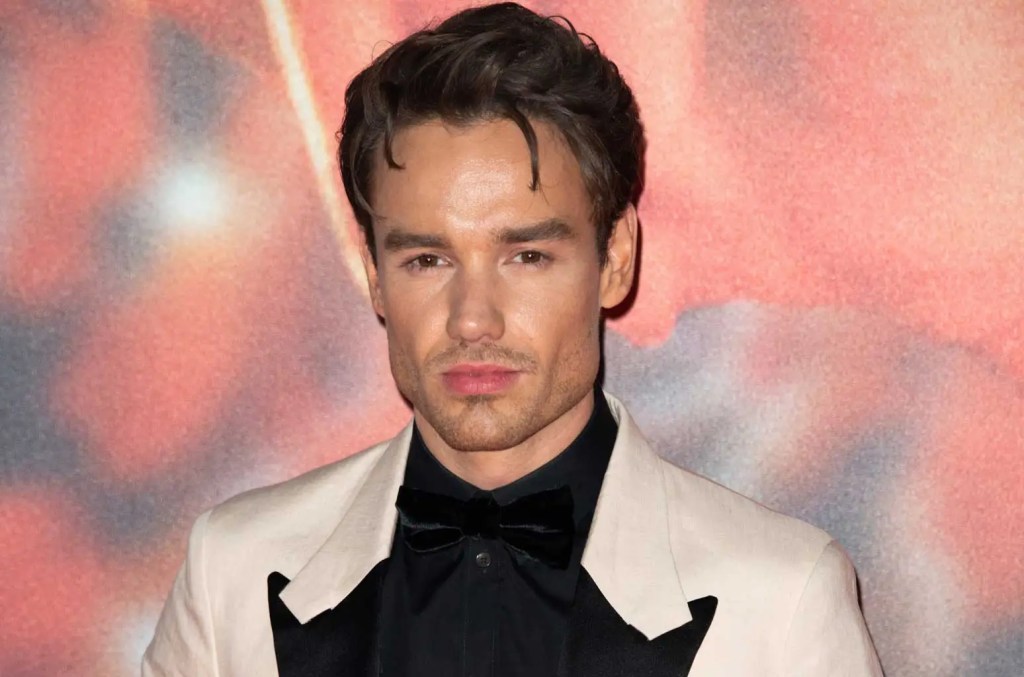The topic of misogyny has gained significant attention in recent years, and celebrity figures often find themselves at the center of these discussions. Liam Payne, a former member of the globally popular band One Direction, is one such figure who has faced scrutiny for his comments and actions regarding women. This article delves into the accusations of misogyny surrounding Liam Payne, exploring the context, reactions, and implications of his statements.
In this comprehensive analysis, we will examine key events and quotes that have contributed to the perception of Liam Payne as a misogynistic figure. By investigating the intricacies of his public persona and the reactions from fans and the media, we aim to provide a balanced view of the controversies he has faced. Additionally, we will explore the broader implications of misogyny in the entertainment industry and society as a whole.
As we navigate through this article, we will provide insights into the nature of misogyny, its impact on individuals and communities, and the importance of fostering respectful discourse. By the end, readers will have a clearer understanding of the issues at hand and the responsibility that public figures carry in shaping societal attitudes towards women.
Table of Contents
- Biography of Liam Payne
- Early Career and Rise to Fame
- Controversial Comments by Liam Payne
- Public Reactions to Liam Payne's Comments
- Misogyny in the Entertainment Industry
- Impact of Misogyny on Fans and Society
- Addressing the Issue of Misogyny
- Conclusion
Biography of Liam Payne
Liam Payne was born on August 29, 1993, in Wolverhampton, England. He gained fame as a member of One Direction, which formed on the reality show The X Factor in 2010. Over the years, the band achieved unprecedented success, selling millions of albums worldwide and winning numerous awards. Following the group's hiatus in 2016, Payne embarked on a solo career, releasing several singles and collaborating with various artists.
| Personal Information | Details |
|---|---|
| Name | Liam James Payne |
| Date of Birth | August 29, 1993 |
| Nationality | British |
| Occupation | Singer, Songwriter |
| Years Active | 2010 - Present |
Early Career and Rise to Fame
Payne's journey to fame began with his participation in The X Factor, where he was originally eliminated but was brought back to form One Direction. The band quickly became a global phenomenon, known for their catchy pop songs and dedicated fan base. Their success laid the foundation for Payne's future solo endeavors, which he pursued after the band's hiatus.
Controversial Comments by Liam Payne
Throughout his career, Liam Payne has made several comments that have sparked controversy and raised accusations of misogyny. Here are some notable instances:
- In a 2019 interview, Payne made remarks about women in relationships, which were perceived as dismissive and perpetuating stereotypes.
- His comments during a podcast about women and their behaviors were widely criticized for lacking sensitivity and understanding.
- Payne's social media presence has also been scrutinized, with some posts interpreted as objectifying women.
Public Reactions to Liam Payne's Comments
The public response to Liam Payne's comments has been mixed. While some fans defended him, arguing that his remarks were taken out of context, others expressed disappointment and outrage. Social media played a crucial role in amplifying these reactions, leading to heated debates about his intentions and the broader implications of his words.
Supporters' Perspectives
Supporters of Payne often argue that:
- His comments were meant to be humorous and not taken seriously.
- As a young celebrity, he is still learning the nuances of public discourse.
Critics' Perspectives
Conversely, critics contend that:
- His comments contribute to a culture of misogyny and reinforce harmful stereotypes.
- Public figures should be held accountable for their words and actions, regardless of intent.
Misogyny in the Entertainment Industry
The entertainment industry has long been criticized for its portrayal of women and the prevalence of misogynistic attitudes. Liam Payne's situation illustrates a broader pattern where celebrities may inadvertently perpetuate harmful narratives. The impact of such attitudes can be far-reaching, influencing societal norms and expectations regarding gender roles.
Impact of Misogyny on Fans and Society
The implications of misogyny in popular culture extend beyond celebrity circles. Fans, particularly young women, may internalize negative messages about their worth and roles in society. Furthermore, such attitudes can contribute to a culture of silence around issues of gender-based violence and discrimination.
Addressing the Issue of Misogyny
Tackling misogyny requires a multifaceted approach, including:
- Encouraging open dialogue about gender issues in the media and entertainment.
- Promoting positive representations of women in popular culture.
- Holding public figures accountable for their statements and actions.
Conclusion
In conclusion, the controversy surrounding Liam Payne and accusations of misogyny serve as a reflection of broader societal issues. While Payne's comments may have been intended to entertain, they highlight the responsibility that public figures have in shaping conversations about gender. As fans and consumers of media, it is essential to remain critical and engaged in discussions surrounding misogyny and its impact on society.
We invite readers to share their thoughts on this topic in the comments below, and encourage you to explore more articles on our site for a deeper understanding of issues related to gender and culture.
Thank you for reading, and we hope to see you again soon!




